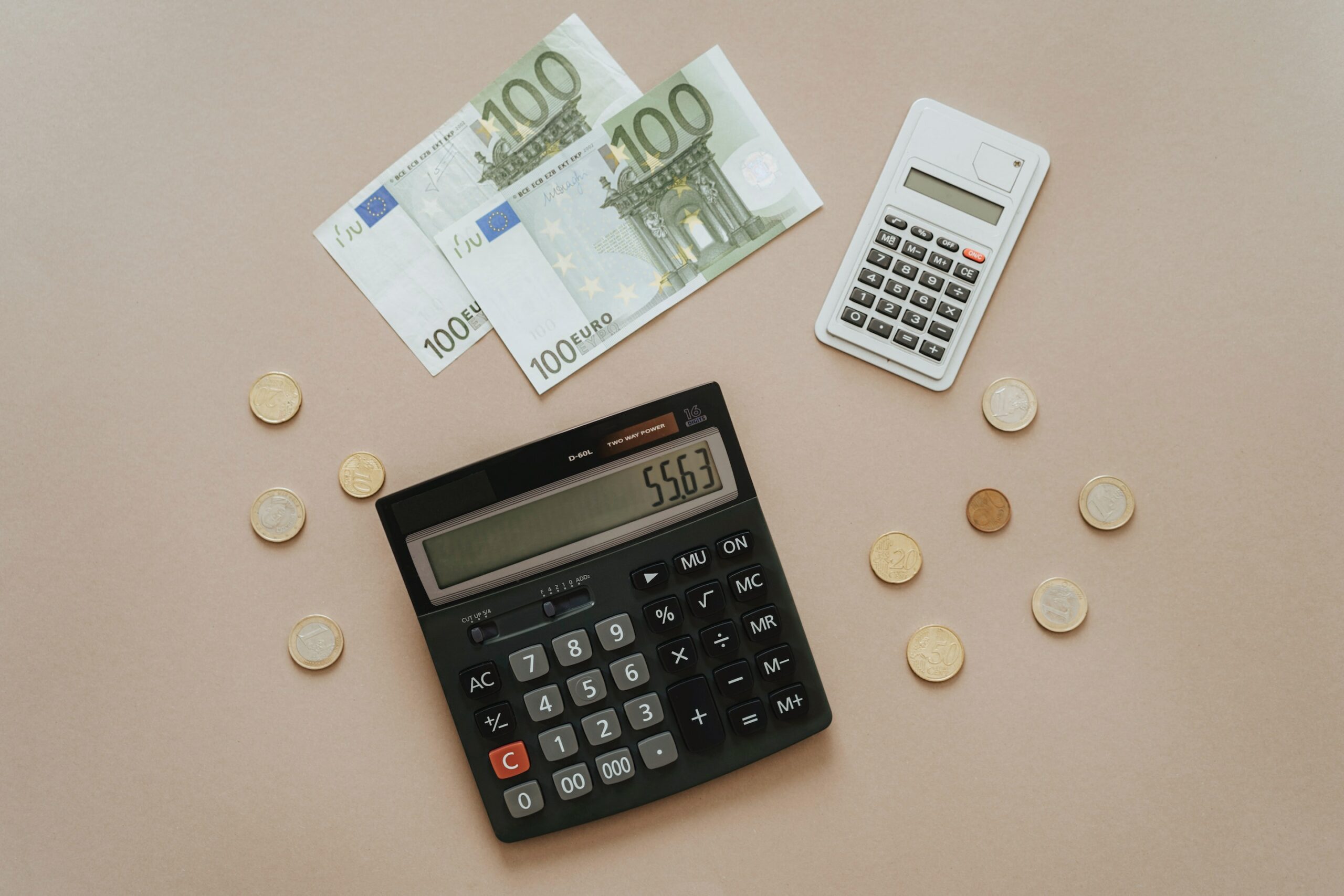An emergency fund can prevent unexpected circumstances from getting worse. If you lose your job or a sudden expense comes up, you’ll be happy to have a safety net that keeps you afloat. A readily available emergency fund helps you avoid credit card debt and stay financially healthy.
Our guide walks you through how to build an emergency fund while keeping to your lifestyle and how you can use your emergency fund to stay above water when times are tough.
How to Calculate Your Emergency Savings
Many financial experts recommend that people have three to six months of expenses in savings readily available in a private savings account for emergencies.
This amount might need adjustment depending on job security and lifestyle. If your occupation is risky, if you’re self-employed for example, then you’ll want to save a bit more. This also applies if your job is one that often faces layoffs in a slower economy.
Lifestyle is another factor to consider when building your savings. Your safety net will need to be bigger if you eat out often or if you have children, for example. With all these factors considered, you’ll have an accurate number for your emergency savings.
Here are two resources to help you build a budget:
Start Saving
Once you have a number that covers your expenses for three to six months comfortably, then you can start saving.
This money should be deposited in a bank account that’s easy to access. Open up another savings account so you have a designated place to save money.
If you have a habit of spending extra money, you might want to open an account in a different bank altogether. Opening a savings account with a second bank can help you fight the desire to spend extra cash on a whim. The purpose of the emergency savings is to help you mitigate hardships and stay financially afloat.
Examples of where not to save this money are retirement accounts or in a CD (certificate of Deposit). There are penalties for withdrawing money too early and you cannot access this money instantly. This difficulty of access makes these accounts ineffective for emergency funds.
Got Debt? Start with a Smaller Safety Net
If you have debt, we recommend starting out with a smaller amount of emergency savings.
When you have debt and your focus is paying it off, it makes saving three to six months of expenses very difficult. In this case, start with about $1,000 for emergencies.
This amount is just enough to cover a range of sudden issues, like car repairs and minor medical expenses. Even if you only have $10 or $20 to spare each paycheck, set this money aside to build up that fund. If you get extra cash, set it into this fund. Within a few months, you should have a few hundred dollars set aside for emergencies.
Especially when your budget is tight, an emergency fund provides peace of mind and protects you from the financial burden and stress from unplanned expenses.
Browse Our Articles for Financial Wellness
We believe everyone can make their finances work for them. Our articles on investing can help you maximize your returns and improve your financial future. You can also check out our guide on side-hustles so you can expand your income outside your day job.


